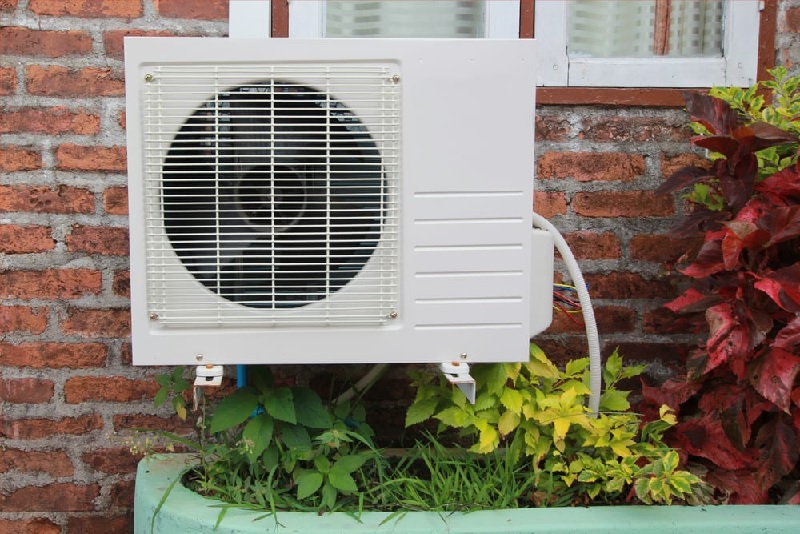Working from home has its perks-you can take a break for a nap or to watch your kids during the day, you don’t have to worry about commuting, and you can wear whatever you want. But there are some definite drawbacks, too.
One of the biggest downsides to not having an office is that you can easily get distracted at home. Plus, it can be hard to stay motivated when you’re working by yourself all day.
Many people choose affordable office space to get the best of both worlds. Office space can provide you with all the perks of working from home-like, flexibility, and no commute-plus the bonus of being around other people and getting social interaction.
-
What is economical office space, and why is it becoming so popular?
The first thing to know about cheap office space is that it’s just what it sounds like-office space that is more affordable than traditional office space. This can be because the office is smaller, in a less expensive area, or part of a shared work environment. For this reason, this type of office space is becoming increasingly popular as more people work from home at least some of the time.
There are several reasons why this trend is on the rise
First, with the advent of technology, it’s easier than ever to work from anywhere. You can have conference calls from your living room and access files from your cloud-based storage system. This means you don’t necessarily need a physical office space to do your work.
In addition, more and more people are freelancing or working as contractors. This means they don’t have a traditional 9-to-5 job with an employer providing them with office space. And even if you do have a full-time job, you may find that you’re working from home more and more as companies try to save money by reducing their office space.
Whatever the reason, there are a lot of people who are looking for economical office space. And that’s where shared work environments come in.
Master the Financial Choreography of Rental Workspaces
Owning a rental property, especially a workspace from this source can be a rewarding venture, but the financial dance involved requires careful steps and strategic planning. From tenant acquisition costs to ongoing maintenance expenses and the complexities of taxation, navigating the hidden costs is crucial for long-term success.
As you waltz through the leasing process and maintain your rental workspace, always keep an eye on the financial horizon. Building a contingency fund, staying informed about tax implications, and actively managing vacancies are keys to mastering the financial choreography of owning a rental workspace.
-
What is a shared work environment, and how can it be beneficial?
A shared work environment is exactly what it sounds like a place where people can come to work together but don’t necessarily have their own office space. These environments usually have various work areas, from open concept co-working spaces to private offices. And they often offer various amenities, from coffee and tea to printing and meeting rooms.
Shared work environments can be beneficial for several reasons.
First of all, they can help you save money. If you’re working from home, you may spend more on things like coffee and snacks than you would if you had access to a shared kitchen.
In addition, shared work environments can provide you with the social interaction that can be lacking when you’re working from home. It can be easy to feel isolated when working alone, but being around other people can help you feel more connected and motivated.
Shared work environments can also be beneficial if you’re a freelancer or contractor who doesn’t have a traditional office space. They can provide you with a professional and quiet place to work without the need for you to rent your office space.

-
How can you find good office space?
If you’re looking for good office space, remember a few things.
First, you may want to consider shared work environments or co-working spaces. These can be a great way to save money and get the social interaction you need.
In addition, you may want to look for office space in less expensive areas. This can be outside of major cities or in smaller towns. You may also want to look for office space smaller than you might need if you work in a traditional office.
Finally, you may want to consider working from home at least some time. This can help you save money on things like rent and utilities. And it can also give you the flexibility to work when and where you want.












